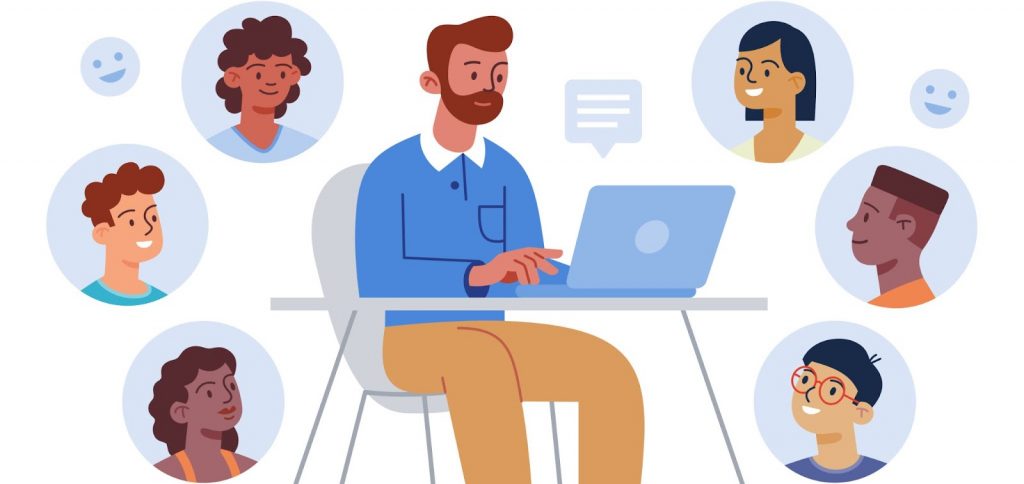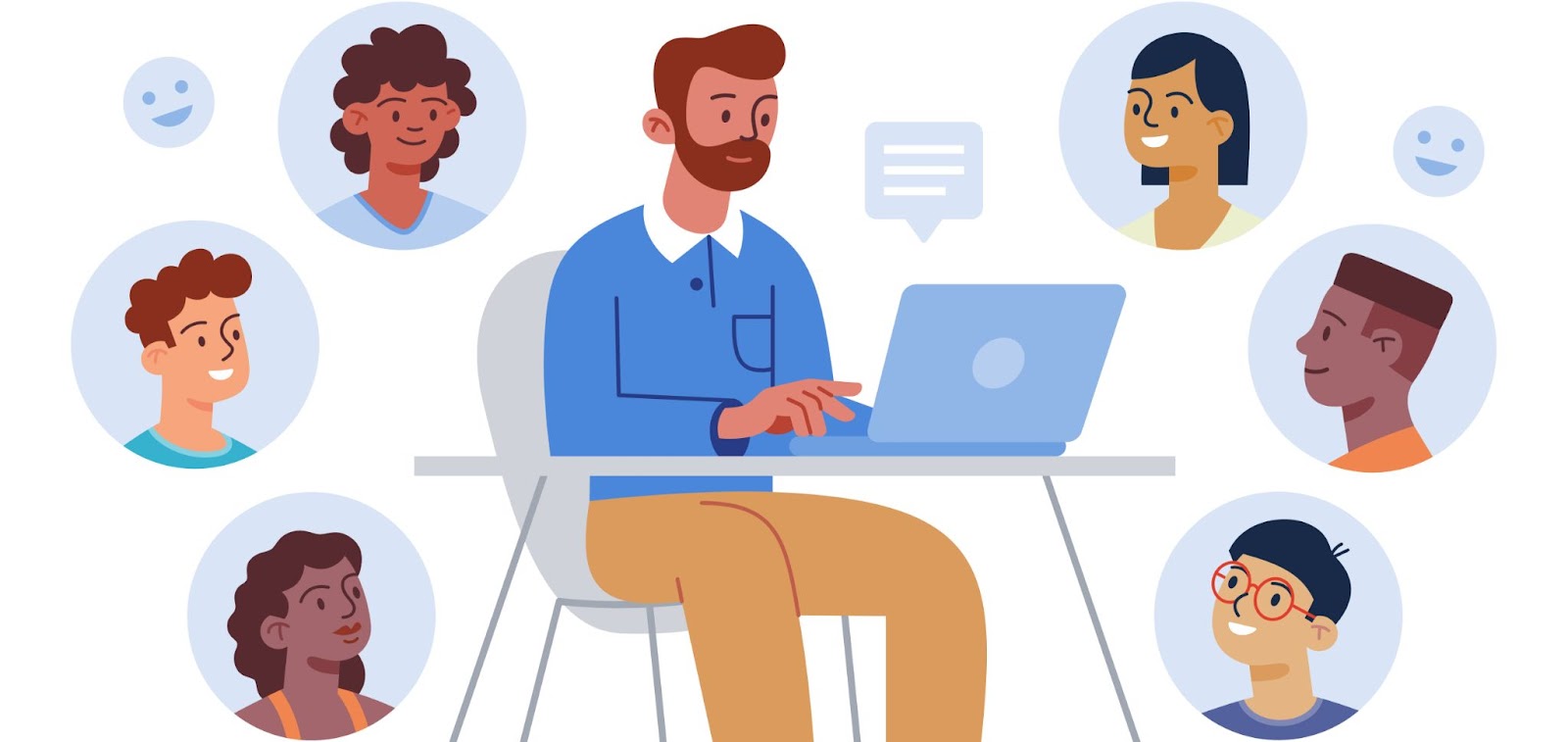Enhance your professional and personal life with effective communication skills. Explore strategies, tips, and resources to improve verbal and nonverbal communication, active listening, and interpersonal interactions. From mastering public speaking to navigating difficult conversations, discover how honing your communication skills can unlock opportunities for career advancement, build stronger relationships, and foster success in every aspect of life.
Communication is the lifeblood of human interactions. It is a fundamental skill that plays a crucial role in our personal and professional lives. Whether we are expressing our thoughts and emotions, building relationships, or collaborating on projects, effective communication is essential for success. In this blog, we will explore the significance of communication skills and delve into key strategies to enhance our ability to communicate effectively.

Understanding the Importance of Communication Skills
Effective communication is more than just conveying information; it involves active listening, empathy, and clarity in expression. In both personal and professional settings, possessing strong communication skills can lead to a multitude of benefits, such as:
- Building Stronger Relationships:
Open and honest communication fosters trust and understanding in relationships, creating a solid foundation for meaningful connections.
- Resolving Conflicts:
Effective communicators can navigate conflicts and disagreements with diplomacy, finding common ground and reaching resolutions more efficiently.
- Boosting Team Collaboration:
In the workplace, strong communication skills improve teamwork, leading to increased productivity and a more positive work environment.
- Enhancing Leadership Abilities:
Effective leaders inspire and motivate others through clear communication, ensuring that their visions are understood and embraced by their team.
- Advancing Career Opportunities:
Good communication skills are highly sought after by employers, making individuals with such skills more likely to progress in their careers.

Key Communication Skills to Develop
- Active Listening:
True communication is a two-way process. Active listening involves giving your full attention to the speaker, refraining from interrupting, and providing verbal and non-verbal cues to show you are engaged.
- Clarity and Conciseness:
Communicate your thoughts in a clear and concise manner, avoiding jargon and unnecessary complexity. This ensures that your message is easily understood by your audience.
- Non-Verbal Communication:
Pay attention to your body language, facial expressions, and gestures, as they can convey messages and emotions that complement or contradict your words.
- Adaptability:
Tailor your communication style to the needs and preferences of your audience. Different situations and individuals may require different approaches.
- Feedback and Criticism:
Be open to receiving feedback and constructive criticism. Responding positively to feedback shows your willingness to grow and improve.
Tips to Improve Communication Skills
1. Practice Mindful Communication:
Be aware of your words and their impact on others. Think before you speak, especially in emotionally charged situations.
2. Engage in Public Speaking:
Joining a public speaking group or taking a course can help you build confidence and polish your speaking abilities.
3. Read Widely:
Expanding your vocabulary and exposure to different writing styles enhances your communication skills.
4. Watch and Learn:
Observe skilled communicators in action, whether it’s through TED Talks, podcasts, or interviews. Analyze their techniques and incorporate them into your own approach.

Conclusion
Communication skills are indispensable in both personal and professional spheres of life. The ability to communicate effectively enables us to connect, collaborate, and resolve conflicts in a constructive manner. By actively listening, empathizing, and being clear and concise in our expressions, we can master the art of communication and unlock a world of opportunities and fulfilling relationships. With practice, patience, and a commitment to continual improvement, we can all become better communicators and lead more successful and enriching lives.
By continually refining our communication skills through practice, feedback, and self-awareness, we empower ourselves to connect more authentically, lead more effectively, and contribute positively to our communities and organizations. Thus, let us recognize the value of communication skills and commit to nurturing them as lifelong assets for personal and professional growth.

